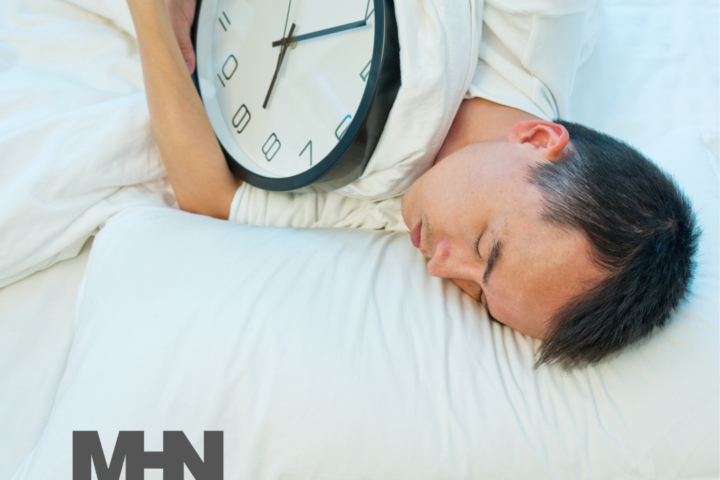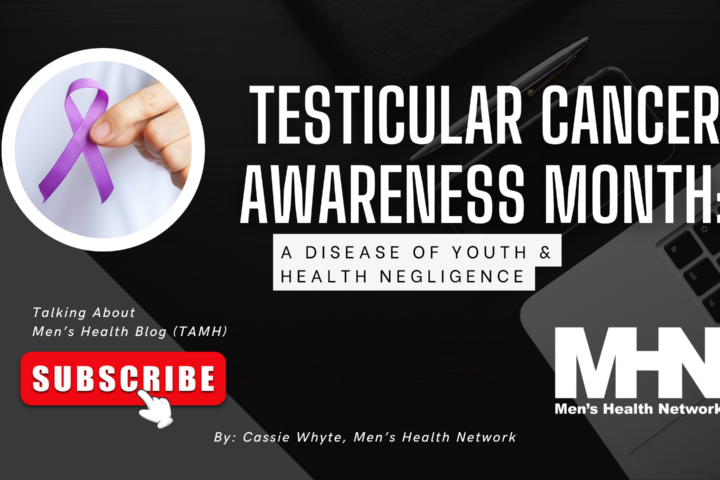Depression and anxiety have been diagnosed at unprecedented levels in this country for years, and seem to only rise in concordance with the pace and demands of our time. Further, in an America that today is so identified with stress and success, not to mention the heightened burdens of economic struggle, we often ignore our mental health realities by chalking them up to an inevitable side-effect of modernity.
In this country we often criticize the rampant use of psychotropic medications in what some aptly call a “Prozac Nation.”[1] We reluctantly observe a phenomenon of unbridled drug consumption, but we are mostly indifferent to the implications or explanations. We acknowledge our surface level modality of quick-fix solutions rather than preventive, comprehensive approaches. But when we put aside our judgments of what it means to be so medicated, if we are conscious of it at all, we are still left with some important questions, and with many individuals who continue to suffer.
When looking at media coverage of mental health concerns, it became very clear that articles and initiatives related to psychological well-being are heavily geared toward women. What does this indicate and what does it mean for men’s mental health needs? I am a proponent of investigating not only men’s mental health itself, and how, for example, depression affects men versus women, but I am eager for explanations for this lack of coverage. In “The Under-Reporting of Male Depression in America,” Susan Frienkel makes an inquiry: “For years, experts suspected that gender makes a big difference in depression. Studies from New York to New Zealand have repeatedly found the same startling statistic: About twice as many women as men suffer from depression. That finding was considered one of the bedrock facts of modern mental health. Yet it has recently come under attack from critics who, concerned about under-reporting of male depression, are raising the heretical question: Do men actually experience it as much as women do?” [2]
We can start to answer this question by exposing gender differences for susceptibility and reporting rates of depression, rates of case incidence, and treatment across multivariate studies. More, we can promote accessible dialogue about cultural considerations. Much of that can start here, and with you, so why not join in the conversation?
In “Ranking America’s Mental Health,” Mental Health America found statistically significant associations between the following factors and better depression status and lower suicide rates. What else can we had to this list? Emotional openness and renewed attention to men’s psychological welfare can help improve the situation.
Mental health resources – On average, the higher the number of psychiatrists, psychologists and social workers per capita in a state, the lower the suicide rate.
Barriers to treatment – The lower the percentage of the population reporting that they could not obtain healthcare because of costs, the lower the suicide rate and the better the state’s depression status. In addition, the lower the percentage of the population that reported unmet mental healthcare needs, the better the state’s depression status.
Mental health treatment utilization – Holding the baseline level of depression in the state constant, the higher the number of antidepressant prescriptions per capita in the state, the lower the suicide rate.
Socioeconomic characteristics – The more educated the population and the greater the percentage with health insurance, the lower the suicide rate. The more educated the population, the better the state’s depression status.[3]
The considerations listed above are critical, and so should be the advocacy for mental health awareness, equitable access, and use of help available. It is also important to remember that we have the power to overturn false notions about masculinity and depression. In my opinion, as a woman, I feel there is nothing about a man suffering from mental health issues that detracts from his masculinity. In fact, I might go so far as to say that if fears about expectations of a ‘real man’ are a topic involved in this discussion, that it is manlier, or respectable say, to seek help and display transparency about one’s health needs and problems, than to hide or to channel those issues destructively.
A basic reality is that, because women are more likely to go to the doctor with mental health complaints, they are diagnosed more often. “It’s well known that women are more likely to recognize that something is wrong and go to the doctor,” says Stephan Quentzel, MD, a family physician, psychiatrist, and assistant professor of medicine at Albert Einstein College of Medicine in New York City.[4] Additionally, depression looks different in men. While a depressed woman may feel sad, cry more easily (or willingly), and lack energy, depression in a man is more likely to exhibit itself as aggression, anger, and irritability. He may get into fights, abuse or mistreat himself or loved ones, or compulsively seek thrills in high-risk behavior. Studies also show that a depressed man will often cope by taking drugs or drinking too much. This can serve to mask depression, making it less likely that a man will receive treatment for the underlying mental health conditions.
So, “for a variety of reasons, many men aren’t getting proper diagnosis and treatment for their depression, which can be life-saving,” says Dr. Quentzel. According to studies from the National Institute of Mental Health. A yearly estimated six million men in the United States have a depressive disorder-major depression, dysthymia (chronic, less severe depression), or bipolar disorder (manic-depressive illness).[5] Although these illnesses are highly and diversely treatable, many men do not recognize, acknowledge, or seek help for their depression. Let’s talk about why.
Sources:
- Wurtzel, Elizabeth. 1994. Prozac Nation: Young and Depressed in America. Mifflin, Boston, MA
- 2 https://www.rd.com/living-healthy/the-under-reporting-of-male-depression-in-america/article31861.html
- https://www.depressionforums.org/articles/1053/1/Real-Men-Real-Depression/Page1.html
- https://www.everydayhealth.com/mens-health/mental-health.aspx
- https://www.nmha.org/go/state-ranking
About Melissa: Melissa is a part-time staffer at Men’s Health Network and voluntary Talking About Men’s Health blog contributor. Her interest in Men’s Health Network, stems from her experience as a young woman with many men in her family and a general interest in mental health, especially in varying cultural contexts, in those interfaces where truth tends to lie. Her vocational interests include international development, conservation, education and spiritual and mental health advocacy.



